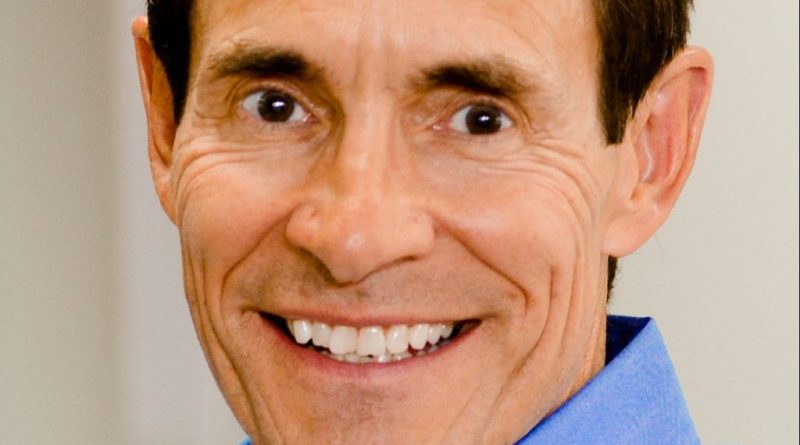Improving Investor Behavior: Focus on the “personal” in personal finance – The Denver Post
One of my favorite sayings is that personal finance is far more personal than it is finance. For years, one of the core tenets of our financial planning has been encouraging clients to pay off their mortgages when possible. This may sound counterintuitive. The prevailing wisdom of the last decade was to instead invest that money. Low-interest rates drove the narrative that more money could be made by placing extra mortgage payments in the stock market.
Generally speaking, this was factually correct. Why pay off a 3% mortgage when, on a long-term average, the S&P 500 returns just over 10%? Simple math would tell you the wisest course of action was putting extra cash to work in the market. But the best advice isn’t always driven by cold hard math.
For many clients, the comfort of knowing their primary residence was paid off felt like a better option. Often, having their biggest monthly expense eliminated paid a huge dividend to the relief and confidence department. Can you put a price on that feeling? The reality is that the “right” decision for a client had nothing to do with the financial dollars and cents but rather the personal satisfaction of owning the place where they live.
This past year highlights that even the “right” decision doesn’t always work out. Traditional investment advice can come with more risk than anticipated. Consider the long-held belief that a balanced portfolio of 60% equities and 40% bonds will help smooth out experienced market volatility. For believers in this approach, 2022 has been a tough year. Both equities and bonds have seen values rise and fall, and not always in a counterbalanced way. Instead of reducing volatility, this combination contributed to increased levels of it.
It’s worth remembering that there are no “right” answers in finance. We never know what may happen in the markets tomorrow, next week, or next year. For us, that means we give more weight to the personal side of personal finance. Questions like, “Will I have enough?” or “Will I be OK?” get at deeper feelings of security, trust, and well-being. Generating a return that’s one or two percentage points higher does little to answer these questions or reassure someone that they’re on a good path forward.
A recent reading of “Three Questions for Financial Life Planning” by George Kinder offered a framework for exploring deeper questions, one I encourage you to try with your spouse or a close friend. He encourages people to answer three questions:
First, imagine you are financially secure. You have enough money to take care of your needs today and in the future. How would you live your life? Would you change anything? Dream; don’t hold back. Describe a life that is complete and richly yours.
Next, imagine you just visited your doctor, and they tell you that you have 5-10 years to live. You will not feel sick or have any “notice” of your death. What will you do with the time you have remaining? Would you change anything in your life today, and if so, how will you do it?
Now imagine your doctor calls and tells you today’s the day; you have 24 hours to live. What are your feelings as you confront your mortality? Will you ask yourself: What did I miss? Who did I miss? What did I not get to do?
These questions envision a world in which all your basic needs are met, giving you the opportunity to focus on what’s important. Spend some time really thinking about your answers and exploring what’s truly important to you. The answers might be surprising.
Questions like these allow us to get to the core of what’s important. Money is important but remember it is a means to an end. What’s your end goal? How you feel about your finances, and overall plan are much more important than the statement balance. Money is emotional.
As an example, we had a new client tell us they purchased property in north Denver several years ago. What was once a run-down area in the stockyards has now become a hot market, with development skyrocketing as the neighborhood reinvents itself. They had a valuable piece of real estate but lacked a plan for it.
They were in a good place money-wise, but a recent cancer diagnosis left them with a desire for simplicity. We encouraged them to consider their circumstances, values, goals, and desire for simplification. Ultimately, they decided to sell the property and use the funds to invest in dividend-paying companies. Could they have generated a larger return by keeping the property? Possibly. But their income was tied to a lease that was fixed, all while inflation ate away at their spending power, and property taxes and insurance costs continued to increase.
This decision was a better fit for them and more closely aligned with their long-term goals and values. It dramatically reduced their time investment from babysitting a large property to simply opening an envelope each month. Their focus is back on spending time together. That’s worth far more than anything a property could have ever provided.
Personal finance is far more personal than it is finance.
Steve Booren is the founder of Prosperion Financial Advisors in Greenwood Village. He is the author of “Intelligent Investing: Your Guide to a Growing Retirement Income.” He was named by Forbes as a 2021 Best-in-State Wealth Advisor, and a Barron’s 2021 Top Advisor by State. This column is not intended to provide specific investment advice or recommendations.
Source: Read Full Article




